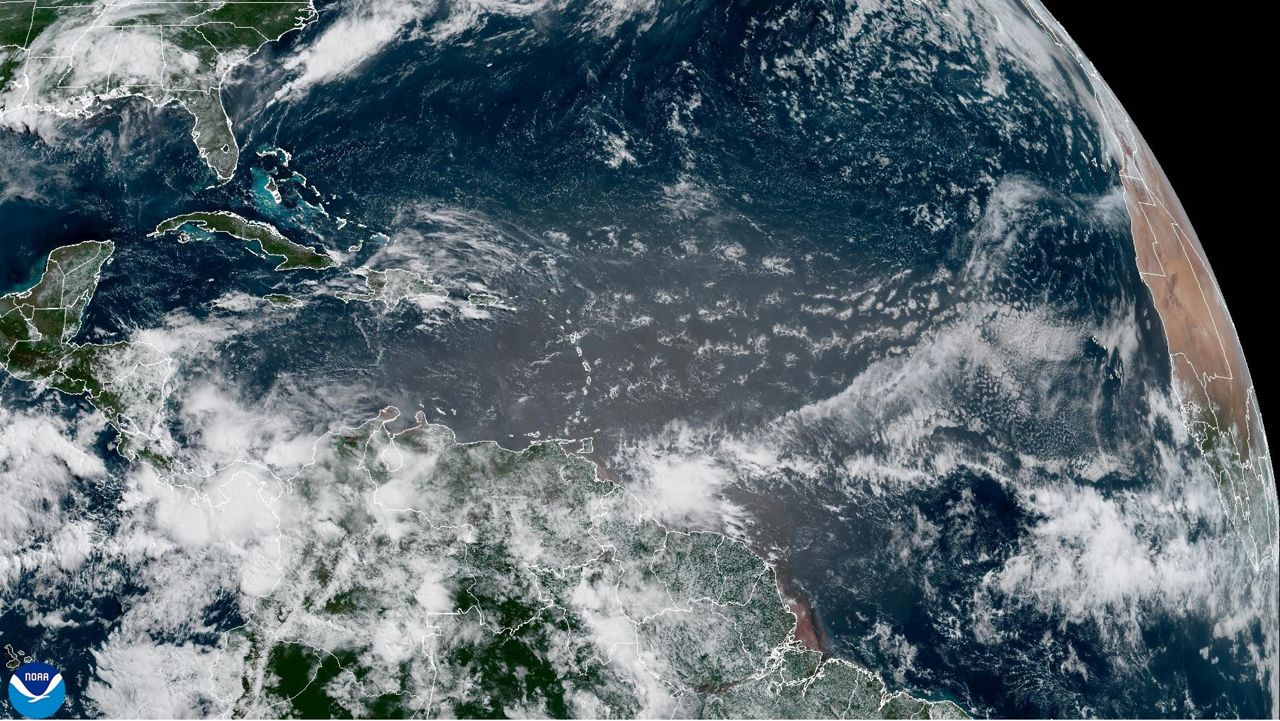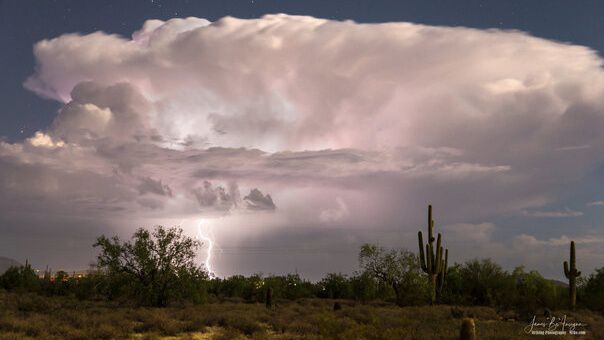RALEIGH, N.C. – It’s springtime in North Carolina, which means plenty of yellow can be found coating cars, homes and patio furniture.
Five North Carolina cities — Greensboro (33), Winston-Salem (55), Charlotte (57), Raleigh (80) and Durham (100) — are among the top 100 most challenging places to live with allergies in the U.S. during spring, according to the Asthma and Allergy Foundation of America.
For people with allergies, the season poses more than an inconvenience. The symptoms of sneezing, watery and itchy eyes and congestion can last months.
However, there are ways to treat allergies and boost tolerance of pollen.
Dr. Sherri James of One Medical in Raleigh said a quick fix is to shower and get the pollen off your skin and clothes after getting home from being out and about.
“You can do some spring cleaning and dusting and cleaning, changing your air filters in your home,” James said. “You can do some spring cleaning and dusting and cleaning, changing your air filters in your home,” James said. “Also simple things, such as washing out your nasal passages by the using something called a neti pot.”
At times, the symptoms of severe allergies can be similar to those of a cold or respiratory infection. James says there are a few key differences.
“One of the key differences is fever. But if you don't have a fever and you're still not exactly sure, with allergies, think [discharge being] thin or clear and runny, and with colds, up respiratory infections, think thick and color.”
Research published in the journal Nature Communications projects future allergy seasons will start earlier and be more intense because of climate change.
James suggests the following foods and drinks to help inhibit the histamine release from pollen:
- Blueberries
- Citrus fruits
- Apples
- Herbal tea
- Cooking with olive oil and onions
“You can also desensitize your system by slow exposures to certain pollens. And in the state of North Carolina, we have some locally grown honey.” James said. “So, a lot of times if you just use some of the honey every day, that helps to prepare your immune system and desensitize you to certain pollens.”
While tree pollen is the primary culprit of allergies right now, Spectrum News 1 meteorologists say grass pollen is up next.








